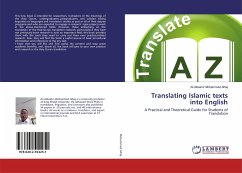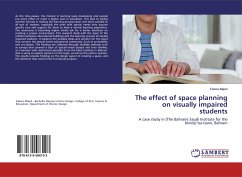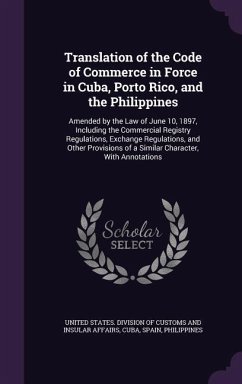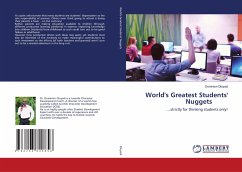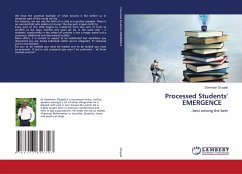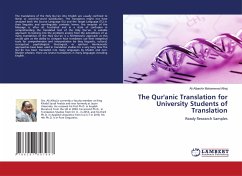
The Qur'anic Translation for University Students of Translation
Ready Research Samples
Versandkostenfrei!
Versandfertig in 6-10 Tagen
29,99 €
inkl. MwSt.

PAYBACK Punkte
15 °P sammeln!
The translations of the Holy Qur'an into English are usually confined to literal or word-for-word substitution. The translators might not have analyzed both the Source Language (SL) and the Target Language (TL) in their linguistic and non-linguistic contexts: hence, the receptor of the Message is, after all, frustrated and in a state of confusion in comprehending the translated text of the Holy Qur'an. A suitable approach to looking into the problems arising from the extraditions of so many translations of the Holy Qur'an is a hermeneutic approach as this would give us the ability to compare h...
The translations of the Holy Qur'an into English are usually confined to literal or word-for-word substitution. The translators might not have analyzed both the Source Language (SL) and the Target Language (TL) in their linguistic and non-linguistic contexts: hence, the receptor of the Message is, after all, frustrated and in a state of confusion in comprehending the translated text of the Holy Qur'an. A suitable approach to looking into the problems arising from the extraditions of so many translations of the Holy Qur'an is a hermeneutic approach as this would give us the ability to compare how translators use their exegetical tools for comprehension and interpretation be they linguistic, cultural, conceptual, psychological, theological, or spiritual. Hermeneutic approaches have been used in translation studies for a very long time.The Qur an has been translated into many languages by Muslim and non-Muslim scholars; there are several translations in many languages including English.





